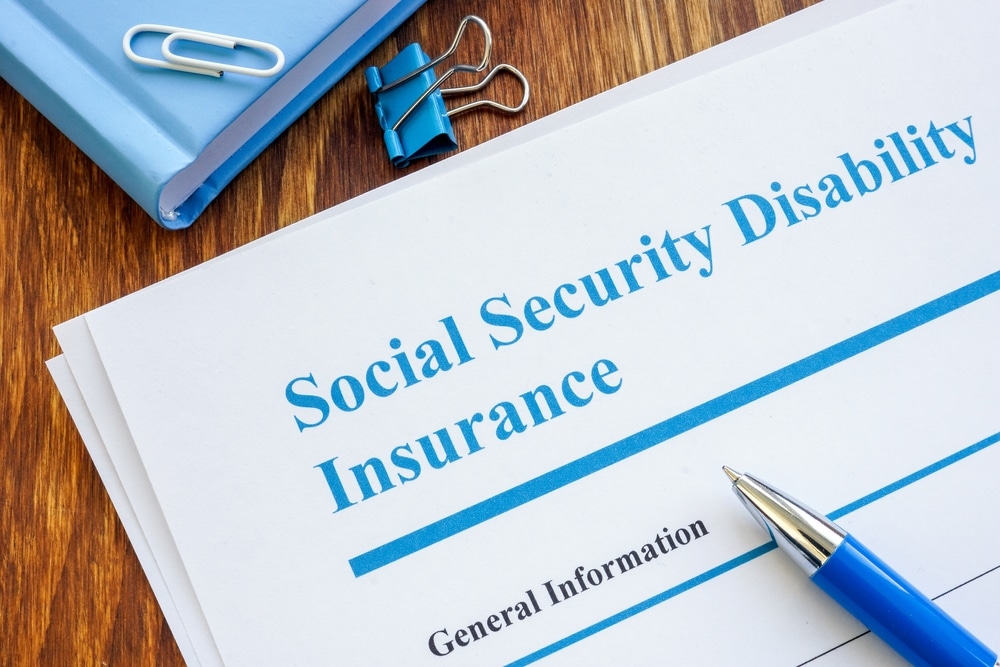People living with disabilities in the United States are entitled to various benefits, including Social Security disability insurance (SSDI). However, to become a beneficiary of SSDI, you need to meet certain requirements. We recommend reading this article to learn more.
Understanding Social Security Disability Insurance
Social Security Disability Insurance is a payment made to people who an unable to work due to medical conditions expected to last a year or more. The Social Security Administration distributes the funds to eligible persons.
📈🤖 Unlock unparalleled trading potential with GPT Stocks Master AI! Revolutionize your portfolio, leveraging real-time insights and predictive analytics. Don’t miss out – step into a world where precision and profitability meet. Ready to transform your trading journey? Click “Master My Trades” now for your exclusive access! ✨🚀📊
Here are the requirements for qualifying for disability benefits:
1. A work test: You need to prove that you had been working before becoming disabled. The Social Security Administration requires one to have a working experience of at least three years.
2. The duration of your work life: The Social Security Administration seeks to determine the exact years of working for each person who applies for SSDI. It does this by subtracting the year you started working from the year you became disabled.
Alongside the two requirements, the Social Security Administration considers the following to determine whether you qualify for SSDI benefits: your specific medical condition, the time it began, how it’s limiting you from working, and all the medical treatment you have received.
When you get approved, you will receive SSDI benefits until you are able to work again. Note that if you attain the retirement age (67), your SSDI benefits become retirement benefits automatically. However, the benefit amount you receive remains unchanged.
What is the Monthly Income for SSDI Beneficiaries?
The amount of money people with disabilities receive from the Social Security Admistration varies and is adjusted yearly based on inflation rate. For 2024, blind people receive a monthly income of $2,580, while other eligible persons earn $1,500. By comparison, blind people received $2,450, while others got $1,460 in 2023.
It is worth pointing out that if your earnings exceed any of the above-mentioned figures, then the Social Security Admistration considers you capable of taking part in a “gainful activity,” thus preventing you from receiving SSDI benefits.
As an SSDI beneficiary, you will be put in a nine-month trial work period when you decide to return to work. During that period, you will continue receiving benefits while earning your monthly salary. After that, the Social Security Admistration will determine whether you are still eligible for disability benefits or not.
Earned and Unearned Income
As mentioned earlier, you do not qualify for SSDI benefits if your monthly salary exceeds the amounts granted by the Social Security Admistration. However, you can still receive benefits if your salary is considered unearned income. For starters, unearned income is money that comes from sources other than work. It could be pensions, gifts, interest, dividends, or gifts. Earned income, on the other hand, is money generated from work. If it exceeds the benefit amount limits set by the Social Security Admistration, then you become ineligible for SSDI.
Investments That Do not Jeopardize SSDI Benefits
It is important to mention that profits made from investments like stocks, bonds, and trusts do not affect your eligibility for SSDI benefits as they are considered unearned income.
Are profits From Real Estate Investment Earned or Unearned Income?
Revenue from real estate can be earned or unearned. The Social Security Admistration deems income from real estate as unearned if the landlord only receives passive income in the form of rent. As such, your rent income does not affect your eligibility for SSDI. However, if you as a landlord also earn from taking actions like plumbing and remodeling, your income is considered earned. Therefore, you may miss out on SSDI benefits.
Disadvantages of SSDI
While SSDI brings several financial benefits to people living with disabilities, the program has its shortcomings. For example, the application process is usually slow and complicated. It may take up to three months before the Social Security Administration approves your application.

